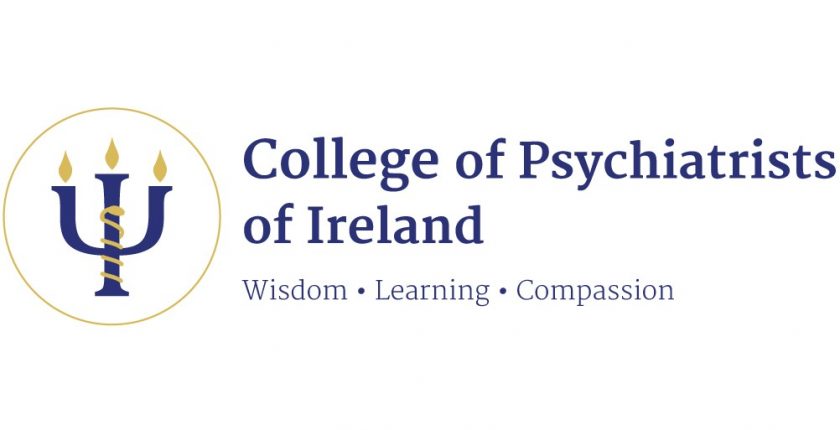Blog
Press Statement: Response to Mental Health Commission Report Independent Review of the provision of CAMHS in the State by the Inspector of Mental Health Services
- July 26, 2023
- Posted by: ICP
- Category: Blog College in the media EAP Activities External Affairs & Policy Government Policy Media Press Statements

College welcomes Mental Health Commission report but calls for urgent action to address serious deficits in resourcing and basic administrative and management structures in CAMHS
The College of Psychiatrists welcomes the publication of the Mental Health Commission’s review of CAMHS report published today (Independent Review of the provision of Child and Adolescent Mental Health Services (CAMHS) in the State by the Inspector of Mental Health Services), which identifies the serious and ongoing challenges that staff working in CAMHS and the children and families seeking support of CAMHS have faced.
The report acknowledges the hard work being done by dedicated staff in CAMHS who are trying their best to meet demand without the requisite basic resourcing and management structures required, such as minimum staffing levels and supports, dedicated funding, robust governance and risk management structures, basic administrative systems and appropriate premises.
The College has been highlighting many of these deficits for many years. We acknowledge and welcome commitment from the Department of Health and the HSE to implement necessary reform.
Speaking today, Dr Patricia Byrne, Chair, Faculty of Child and Adolescent Psychiatry commented,
“There is no time to waste.
Immediate investment and development are required for CAMHS services to support transformation in this sector. This involves:
- The implementation of basic administrative IT systems to move away from paper-based filing and provide a centralised storage solution.
- Appropriate staffing of each multi-disciplinary team, including the resourcing of the requisite number of administrative support staff.
- Increased funding of mental health services as a whole (minimum of €2 billion is necessary) with appropriate ring-fenced funds devoted to CAMHS.
- New and improved governance structures so that risks can be regulated and monitored.
- An extensive national recruitment and retention strategy for all mental health services including child and adolescent psychiatry.
- Parallel development of other services and supports in Disability, Primary Care and Community care to ensure CAMHS can provide the appropriate specialist care for patients who have a moderate to severe mental illness. Relevant integration and communication links need to be developed between all services.”
The College has welcomed the introduction of new National HSE posts for child and adolescent psychiatry and CAMHS. Now, it is critically important that the Government and the HSE urgently address the serious identified deficiencies in resourcing and corporate management structures for CAMHS, to enable dedicated staff to do their jobs effectively.
They need to acknowledge the significant ongoing deficits in resourcing and funding of specialist mental health services, develop a plan of action, and start to implement change for the benefit of all CAMHS patients and their loved ones.
Regulation is important and essential but without first investing in and developing services as a priority, to the known minimum required levels, the resulting reports will provide the same detail on deficits. With appropriate investment and planning first, avenues for meaningful change can take place, followed by meaningful regulation to maintain and continually improve standards. Otherwise, there is a risk of worsening the real challenges outlined crucial among them of staff burnout, recruitment and retention and importantly the confidence in the service both in the general public and among those who provide it.
For queries contact:
Andrea Ryder
Manager, Communications and Policy
087 269 7656
Notes:
The College statement responding to the MHC interim report reviewing CAMHS (January 2023) which has more detailed comment can be found here.
The College of Psychiatrists of Ireland is the professional and training body for psychiatrists in Ireland and represents 1,000 professional psychiatrists (both specialists and trainees) across the country. The College advocates for the highest standards required for our mental health services. Children and adults in Irish society deserve no less.
